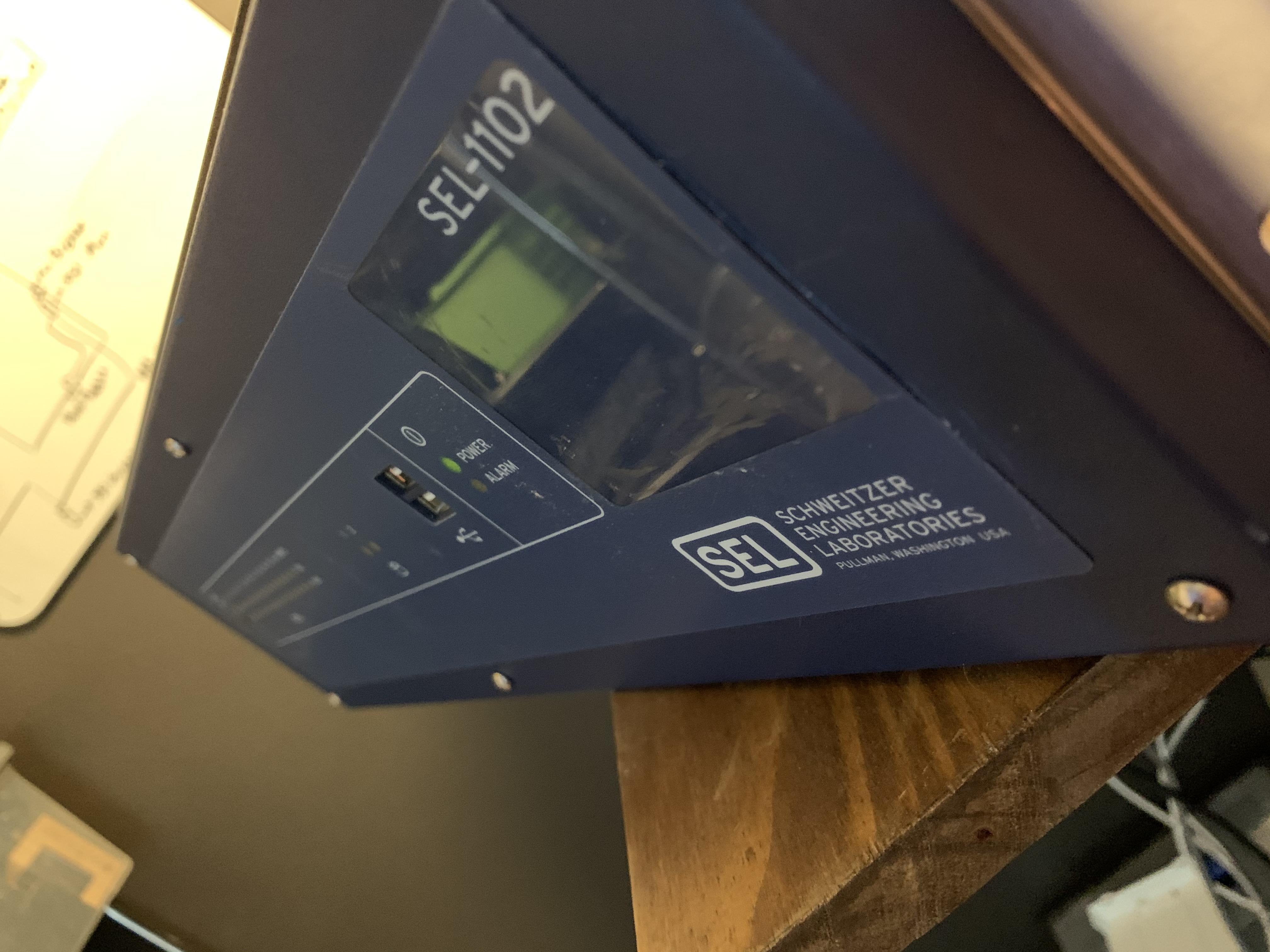- Sun 07 February 2021
- DevOps
- #sel, #industrial, #rugged computer, #ci/cd, #development, #server
Yes... I already have too many computers. But with that said, what's a few more?
I know it was only about a month-and-a-half ago that I was writing about Jenkins running on a Raspberry Pi, but I outgrew that pretty quickly. In reality, I really just started with it, and basically gave up; but hey! I learned a lot in that time. So now, I'm upgrading!
The new hardware
I am something of a hardware graveyard. Old machines come to me to live out the end of their lives and, eventually, give up the ghost. I managed to get my hands on some second-hand industrial computers, to do some bidding for me. Namely, I picked up some old SEL (Schweitzer Engineering Laboratories) SEL-1102 rugged computers. They're based on an old Intel x686 processor, and don't have anything special in the memory arena... but they're super solid machines.

My comment about being a "computer graveyard" might still apply to these computers too, but well, they've got a lot more life left in them. You see, these are ruggedized computers designed for installation into some of the most extreme environments around the world. Rated for harsh operating conditions, built with no moving parts (that's right, a computer without fans), and a whole slew of serial ports (16 DB9 ports alone). SEL maintains a 10 worldwide warranty too; but I'll grant that this warranty is void because these devices were sold to me secondhand. I bring up this point, however because it really exemplifies the commitment to quality that SEL brings to the table.
Now, for those of you who know me well, you'll also know that I work for SEL. So yeah, I do have some bias there; but I've also gotten to see (first-hand) the quality that we at SEL put into our products, so I'm very proud to have a few of these machines running at home, and I'm very excited to put them into production.
The new work
With these new servers, I'm excited to set them up running Debian (because, yeah, they will do that - and very well, I might add) to support a Jenkins server. I plan to use that, and expose it as my primary integration system. With Jenkins running on these new machines, I'm going to set up a Pi Cluster to offload the actual pipeline work.
But why?
Well, I want the main Jenkins server to be just that... the main server. I want other machines to do all the "dirty work" for me.
So, before you get too carried away with your thoughts; yes, that does mean more computers. I've already put in an order for a Raspberry Pi cluster, which I'm very excited about; but that's another article for the near future.
Part of this excitement also stems from my need to integrate with some SEL relays serially for testing with my SELProtoPy project. With all of those serial ports on these computers, I'll be able to tie in to those relays quite nicely to allow some really solid automated testing. Better yet, with all of that integration, I'll be able to do some really nice pipelined builds for testing SELProtoPy and PyCEV.
What's next?
Well, next on my plate is to get these machines up and running on my network so that I can access them remotely and start integrating with GitHub actions to fire off the builds and testing.
I'm very excited to be putting some SEL equipment to work in my own personal development practices, so I'm sure I'll have some more updates as I go along!

